Posted on 10/28/2022
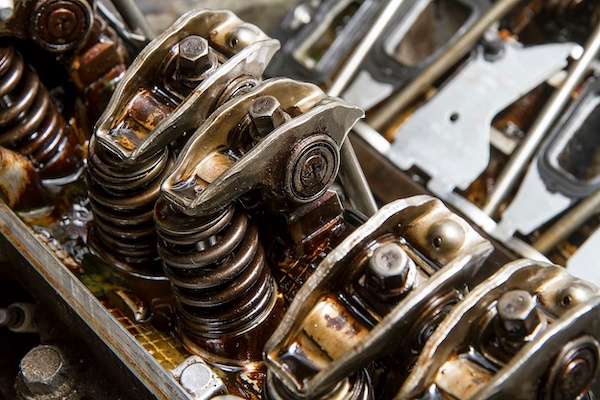
Oil sludge is a thick, gooey substance that forms in your engine. It's caused by the breakdown of oil, which is naturally occurring. The oil then breaks down further into carbon and sludge. How does it hurt your car? Read on to find out how it does and what you should do about it. How does engine sludge form? Engine sludge is a buildup of solid deposits on the engine's internal parts. These deposits are composed of metal oxides and carbonates that build up over time due to engine wear, and they can cause the engine to perform poorly. Engine sludge forms when parts in an engine wear out, or are damaged by excessive wear. The most common causes for this damage include: long-term exposure to high temperatures excessive idling (when the vehicle is parked) driving over rough roads or driving with worn-out tires using poor-quality oil in your vehicle How can oil sludge hurt my car? The problem with oil sludge is that it can clog your engine, which will make your car run less ... read more
Posted on 9/29/2022
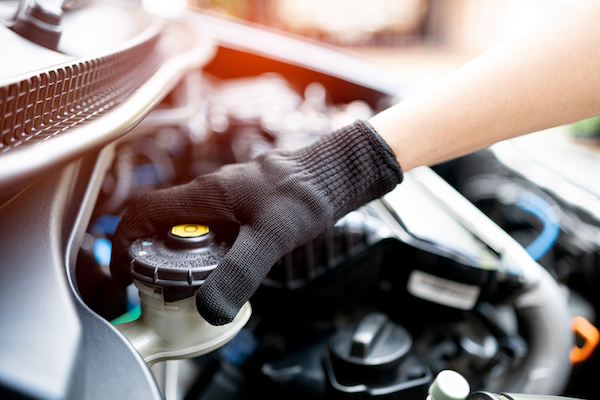
You might be aware of changing your brake pads or rotors, but what about the brake fluid? Can it go bad? In short, brake fluid can go bad or wear off over time. In vehicles with a hydraulic braking system, brake fluid is carried and sealed in a closed system. The fluid should remain effective for several years or longer. But, moisture in the air can sometimes seep through and contaminate the fluid. Once the fluid absorbs the moisture, it can cause a drop in the fluid’s boiling point. In other words, your brakes will become less effective at braking and become prone to overheating. Additionally, the excess moisture can deteriorate the brake lines, brake caliper, brake cylinder, and other vital brake parts. This is why it is essential to have your brake fluid or DOT fluid exchanged. What Are the Signs of Old or Expired Brake Fluid? The longevity of brake fluid depends on various factors like the DOT fluid type, the conditions your vehicle operates in, and you ... read more
Posted on 8/30/2022
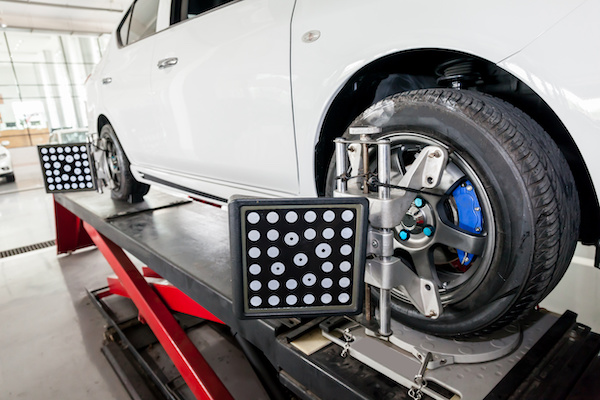
Wheel alignment or tire alignment is modifying the angle at which wheels make contact with the road surface. When you're a reckless driver or get into minor accidents, your wheel's alignment can be offset and wear down your suspension components. To ensure your vehicle is safe, make sure your wheels are correctly aligned. What Are the Signs of Misaligned Wheels? Identifying the symptoms of bad wheel alignment is a good skill for all drivers to have. If you want to keep your vehicle stable and safe, keep your eye on the lookout for the following red flags: Uneven Tire Wear Healthy tires should wear the same on all areas of the tire. If you notice uneven patches, it can be a sign that your alignment is inaccurate. When your wheels are misaligned, the tires don't grip the road properly. Crooked Steering The steering wheel should sit straight when you're operating your car on a straight and leveled road. You can check by looking at the logo - is it straight? If your s ... read more
Posted on 7/25/2022
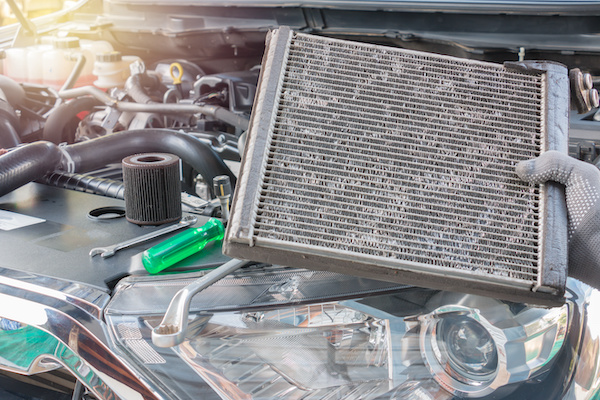
No matter the weather outside, your engine is running in extremely hot conditions. It might be challenging to keep your engine hot enough to turn heat into energy while keeping it cold enough to work properly. The radiator enters the picture at this point, pumping coolant through the engine and back. The radiator is a crucial part of the cooling system for the engine. This system is intended to maintain the engine temperature at the ideal range that the car's manufacturer has established. How a Radiator Works Through the combustion of fuel and the production of energy from its numerous moving parts, an automobile's engine provides the necessary power. The engine can become quite hot as a result of its power and movement. In order to prevent overheating, which can cause serious damage, the engine must be vented of this heat while it is running. A radiator aids in the engine's overheating removal. It is a component of the cooling system for the engine, wh ... read more
Posted on 6/21/2022
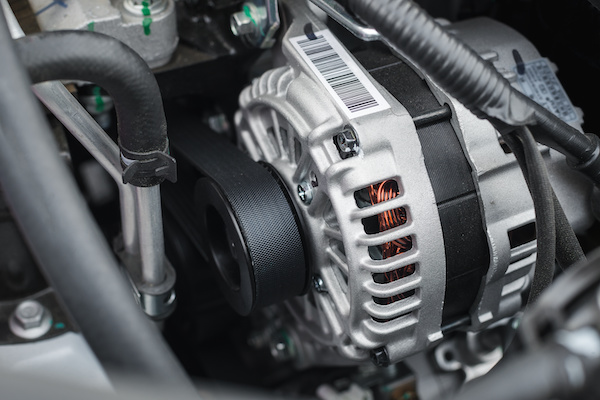
If you want to keep your car on the road, you're going to need a working alternator. While most people think of the battery or the start for starting their vehicle, it wouldn't happen without an alternator. The alternator provides an electrical current to recharge your battery and keep it going. It performs this with a rotating pulley that converts mechanical energy into electrical energy. Symptoms of a Faulty Alternator Alternators are designed to last 7-10 years, and they don't require as much maintenance as other car parts. When the alternator is failing, you may notice some tell-tale signs. Below are common symptoms of a faulty alternator: Battery Warning Light On — Your dashboard messages are part of your onboard diagnostics system, and their role is to communicate to you when there is a problem with your car. If the alternator is failing, the light shaped like a battery or an electrical system warning message will illuminate there. Whining Noise &mdash ... read more